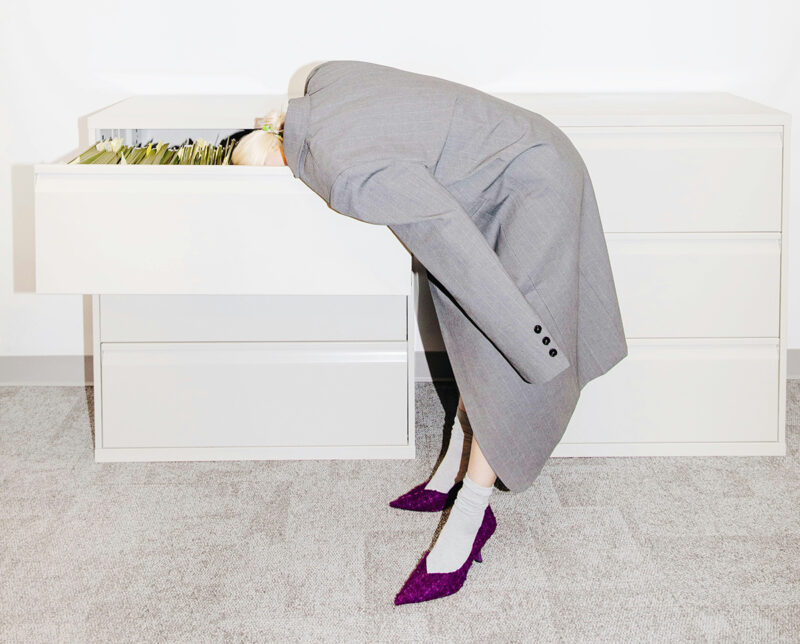Kriisiviestintä menee pieleen, jos yrityksessä ei tunnisteta yhteiskunnallisia virtauksia, jotka voivat viedä mukanaan

Monessa yrityksessä ajatellaan edelleen, että yhteiskunnallinen keskustelu käydään jossain muualla. Tämä virhe voi käydä kalliiksi.
Keskeinen osa minkä tahansa yrityksen tai organisaation kriisivalmiutta on ymmärtää ympäröivää yhteiskuntaa. Suurin osa kriiseistä on sisäsyntyisiä – eli kyseessä on yrityksen omaan toimintaan, virheisiin tai arvoihin kohdistuva kritiikki – mutta koskaan kriisit eivät eskaloidu julkiseksi keskusteluksi tyhjiössä. Kun ei ymmärretä sitä laajempaa yhteiskunnallista keskustelua, johon oma kriisi linkittyy, voi ryöpsähtää isosti.
Toisinaan yhteys on itsestään selvä. Jos yritys dumppaa jätteitä luontoon tai vähät välittää toimintansa hiilidioksidipäästöistä, linkittyy toiminta välittömästi ympäristön suojeluun tai ilmastopolitiikkaan. Kyvyttömyys ymmärtää virheitään, korjata toimintaansa ja viestiä muutoksesta tässä kontekstissa, todennäköisesti vain pitkittää kriisiä ja lisää mainevahinkoja ja taloudellisia tappioita.
Uudet moraaliset standardit ja vaatimukset syntyvät hetkessä. Kun toiseen yritykseen on sovellettu tiettyä normia, sovelletaan sitä välittömästi jatkossa myös muihin. Politiikassa tokaistaan usein, että jokaisen sauna palaa vuorollaan. Jos kilpailija on kriisin keskellä, katso tarkasti, mistä on kyse. Onko oma talo kunnossa? Toimittaja saattaa soittaa seuraavaksi teille.
Toisinaan yhteys voi olla epäsuorempi. YT-uutiset ovat valitettavan yleisiä. Eri tekijät vaikuttavat siihen, otetaanko irtisanomisista ilmoittava yritys julkisuuden fokukseen. Mutta juuri nyt, kun koko poliittinen järjestelmä keskustelee hallituksen työllisyystavoitteesta ja työllisyyden merkityksestä hyvinvointivaltion ylläpitämiselle, on entistä suurempi todennäköisyys sille, että YT-uutiset nousevat ja nostetaan esiin. Jokainen tieto isoista irtisanomisista lisää painetta terävämpään työllisyyspolitiikkaan. Ja yhtäkkiä yrityksen omasta tilanteesta johtuvat YT:t ovatkin osa laajempaa julkista keskustelua.
Yhteiskunnallinen merkittävyys on journalistinen kriteeri. Jos yrityksesi toiminta osuu laajempaan yhteiskunnalliseen debattiin, tarttuu media aiheeseen entistä todennäköisemmin. Ja kun media kirjoittaa aiheesta, voivat yhteiskunnalliset keskustelijat jatkaa sosiaalisen median puolella. Näin kriisi saattaa eskaloitua entisestään journalistisen ja digitaalisen median ristiinkytkennän kautta.
Yritykset eivät ole muusta yhteiskunnasta irrallisia kaupallisia toimijoita. Keskeinen osa yrityksen vastuullisuutta on ymmärtää sitä maailmaa, jossa toimitaan.
Entä miten minimoida mahdollisen yhteiskunnallisen kriisin aiheuttama haitta?
- Varaudu hyvällä suunnitelmalla ja skenaariotyöllä.
- Tunnista kriisin moraalinen ydin ja korjaa virheet toiminnassa.
- Ymmärrä kritiikin konteksti ja viesti siihen sopivasti.
Joko teillä varaudutaan kriisiviestintään?
Jos vastasit ei, ota yhteyttä kriisiviestinnän asiantuntijoihimme!



